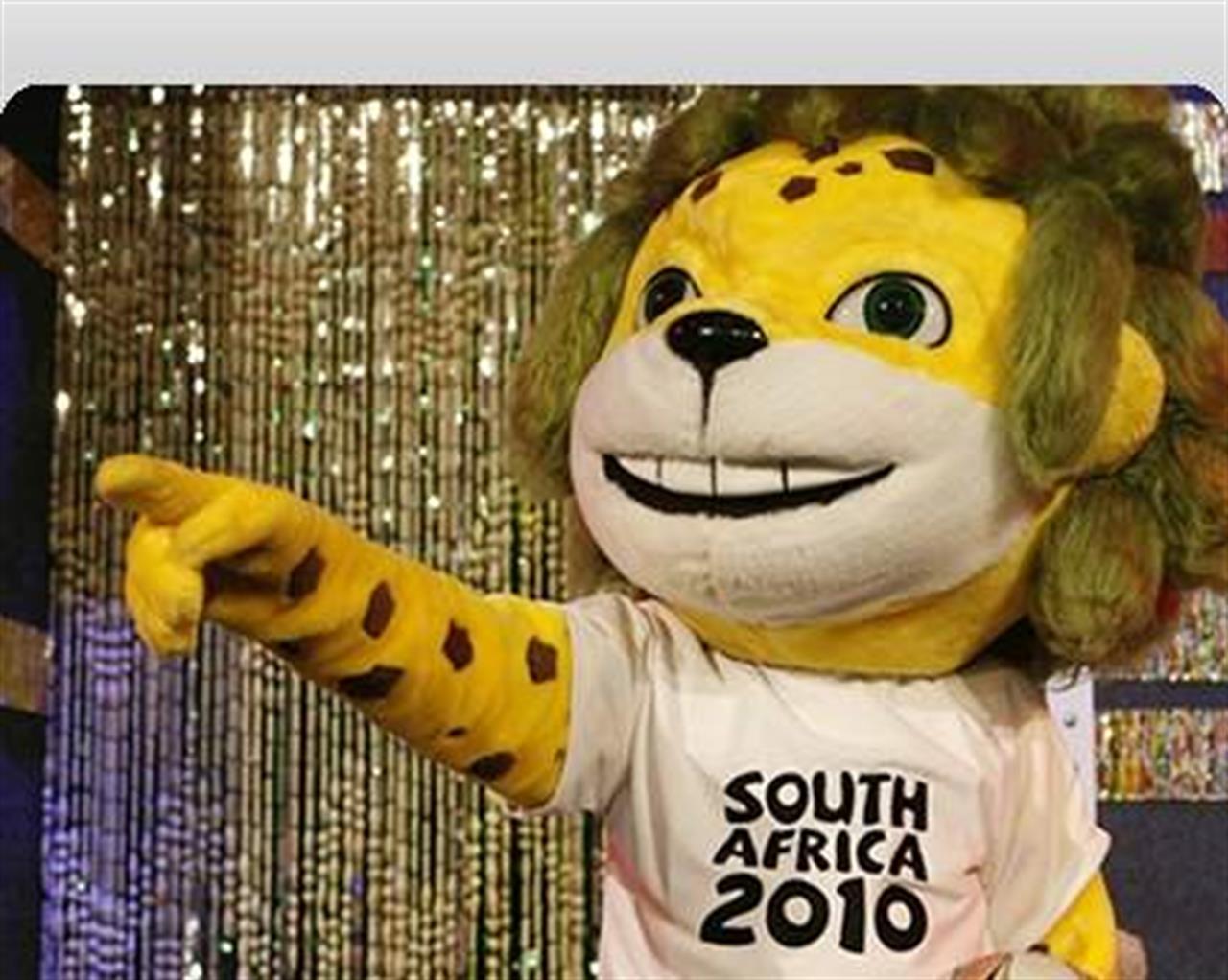Non profit
Behind the World Cup? Social irresponsibility
Big brand partners have made social pledges but behind their promises its business as usual
di Staff

By Cristian Benna
When it comes to numbers things look great. Every big brand associated with the World Cup in South Africa has pulled out all the stops, launching social programs in South Africa and across the whole of the African continent.
Fifa, for example, has set up several programmes aimed at improving social conditions, from a training project for African journalists to football camps for underprivileged kids. Chapeau.
Then there is the flock of sponsors wanting to save the planet. Nike comes out on top: they will be outfitting nine teams in jerseys made from recycled plastic bottles. Stupendous. Sony scores by sending over giant screens to poor communities in South Africa so that they too can be part of the action. Coca Cola and Mcdonalds have taken a more traditional route and sent cash to projects fighting the spread of Malaria, HIV and other contagious diseases.
For the marketing opportunity of the century no expense has been spared. But the impact of these CSR projects is not reaching the South Africans who need it most.
Unemployment
Beyond the futuristic stadium that will host the World Cup live the people of South Africa, 25 per cent of whom are unemployed. A huge improvement from 2005 when the rate was at 36 per cent. Never the less, South Africa has one of the highest unemployment levels in the world and South Africa’s textile industry has been battered by the ongoing global economic crisis.
What is Fifa doing to help? Granting all the merchandising licenses to the multinational Global Brand Group which outsources its manufacturing to Chinese firms. China, the new economic giant.
In South Africa union leaders have launched a series of protests. A few suggested that there should be a boycott of the World Cup but no formal campaign has been organized.
The green leopard
The world tour of Zakumi, the official South African World Cup mascot, has only made the situation worse. Workers at the Shanghai Fashion Products are spending thirteen hours a day in order to prepare 3,000 Zakumi puppets that will be sold during the games. The workers are paid €2.50 a day.
It’s the same old story, Chinese factories that rake in huge profits and produce goods a low costs. This is all made possible by the disrespect that these firms show for human rights laws.
A British journalist from News of the World broke a story on the conditions in these factories. Global Brand’s hand was forced and they shut down production in their factories in China until conditions were improved and regulations were met. Rings for the game were also produced in Asia and in Sialkot, Pakistan, 170 million new footballs are produced every year.
China has started to move in on the football producing sector as well and Chinese firms have started to win contract after contract. European and American contractors seem to be unfazed by these events.
The only story that really seemed to get a rise out of anyone took place in South Korea. Ginseng Corp announced a line of special addition World Cup cigarettes. The news outraged Blatter&Co who maintained that the World Cup was meant to be a clean event.
Nessuno ti regala niente, noi sì
Hai letto questo articolo liberamente, senza essere bloccato dopo le prime righe. Ti è piaciuto? L’hai trovato interessante e utile? Gli articoli online di VITA sono in larga parte accessibili gratuitamente. Ci teniamo sia così per sempre, perché l’informazione è un diritto di tutti. E possiamo farlo grazie al supporto di chi si abbona.
